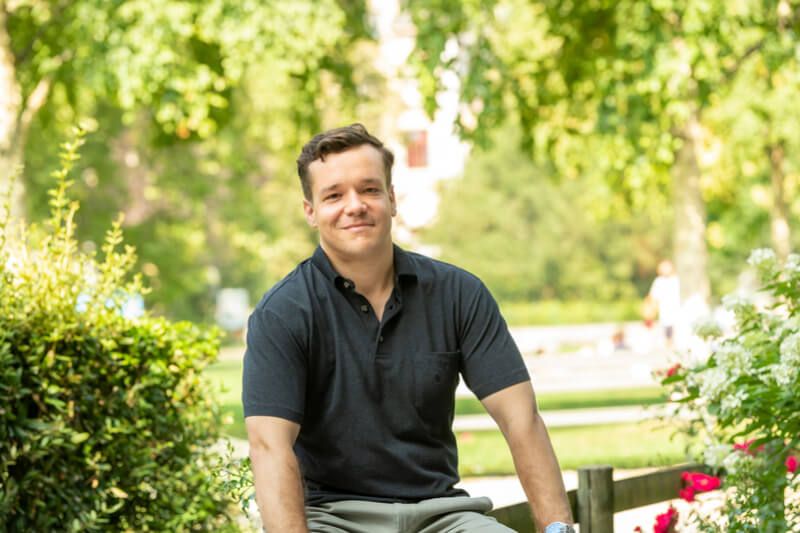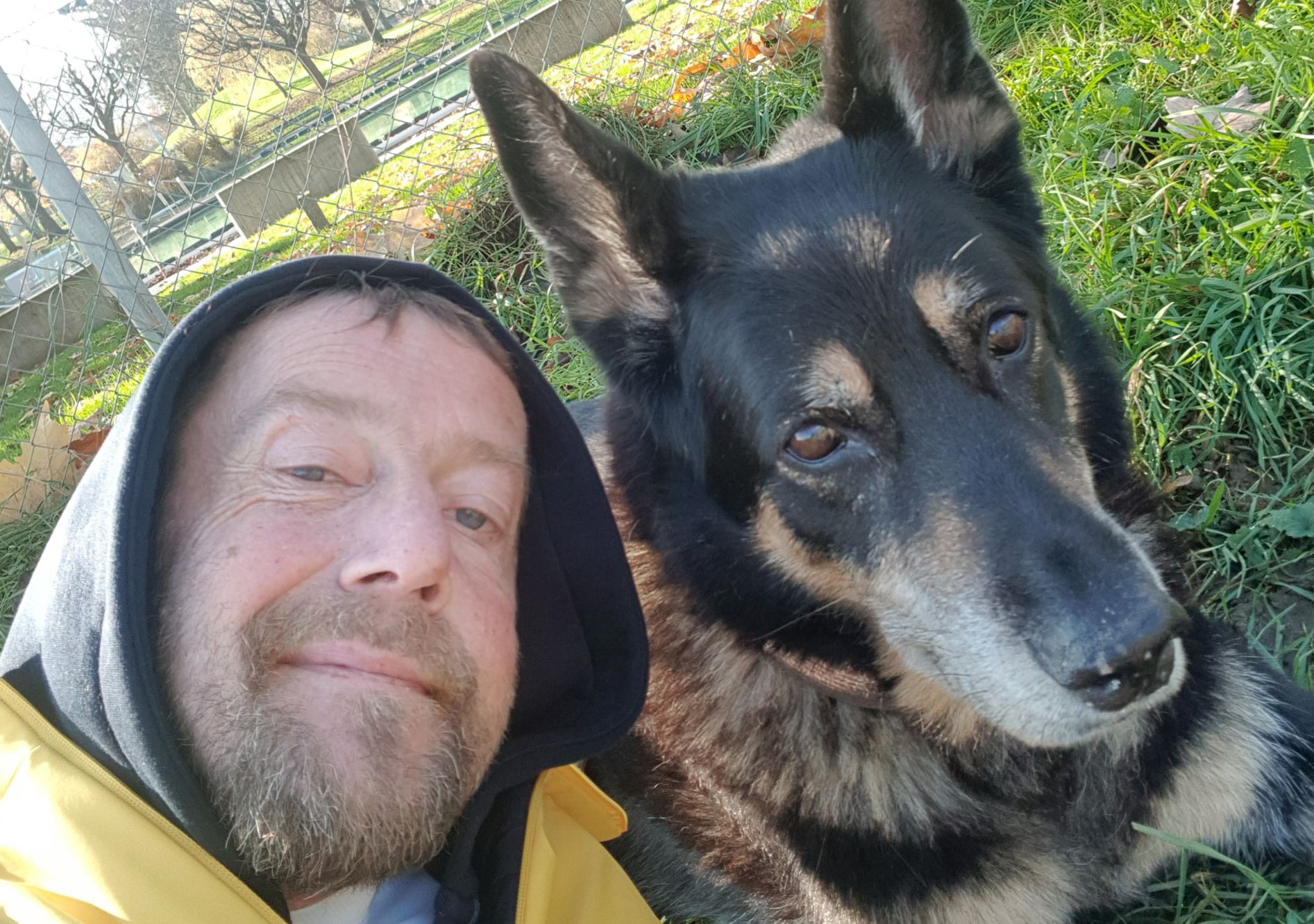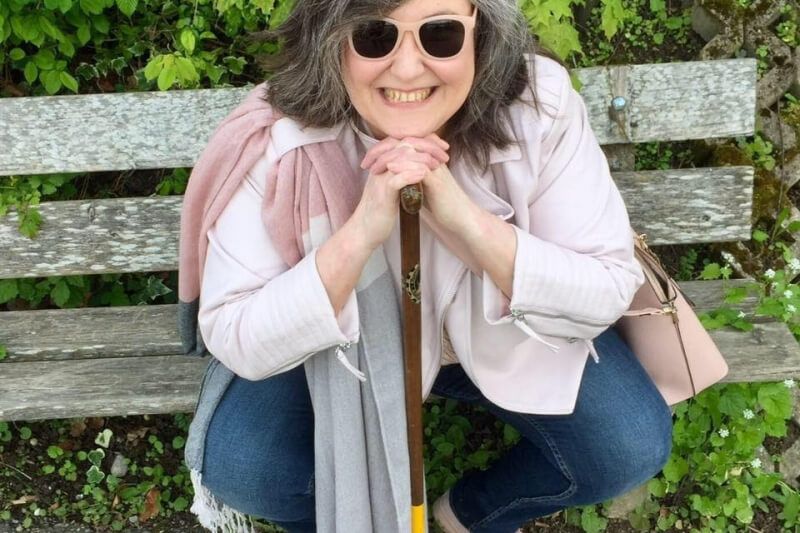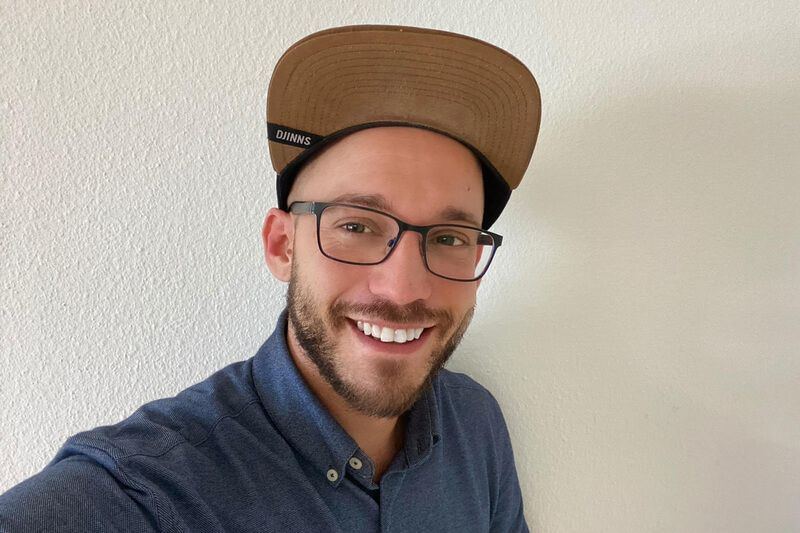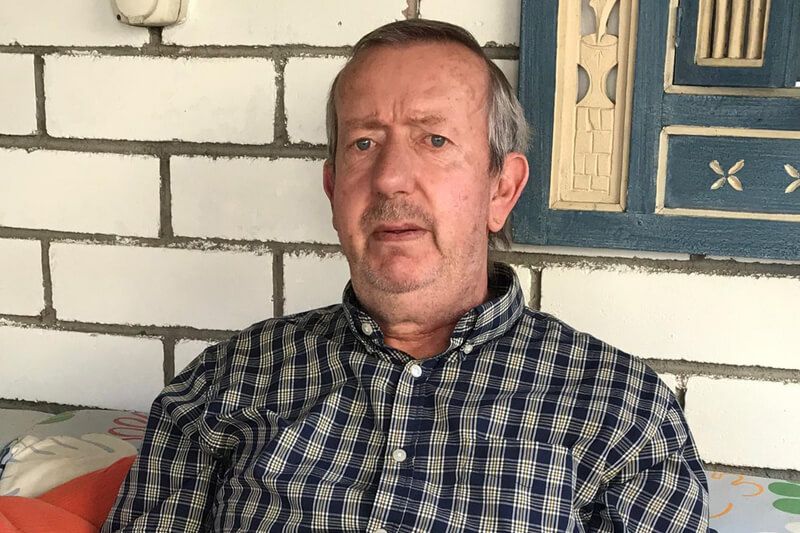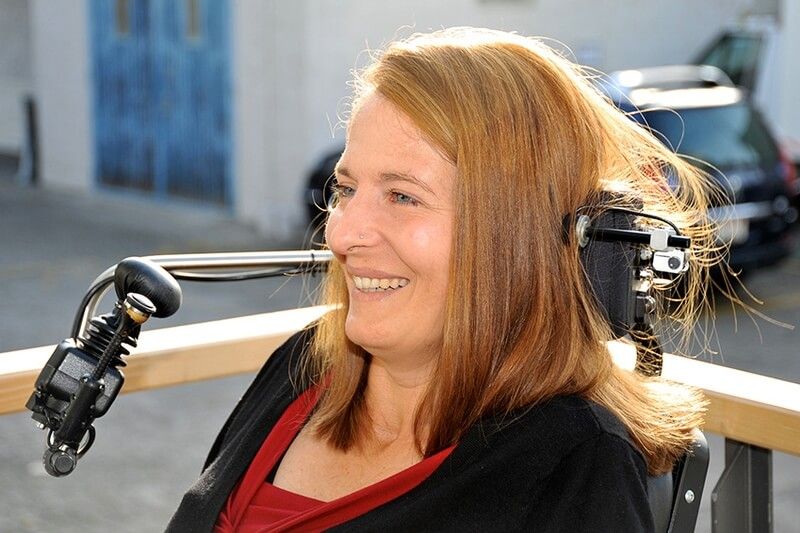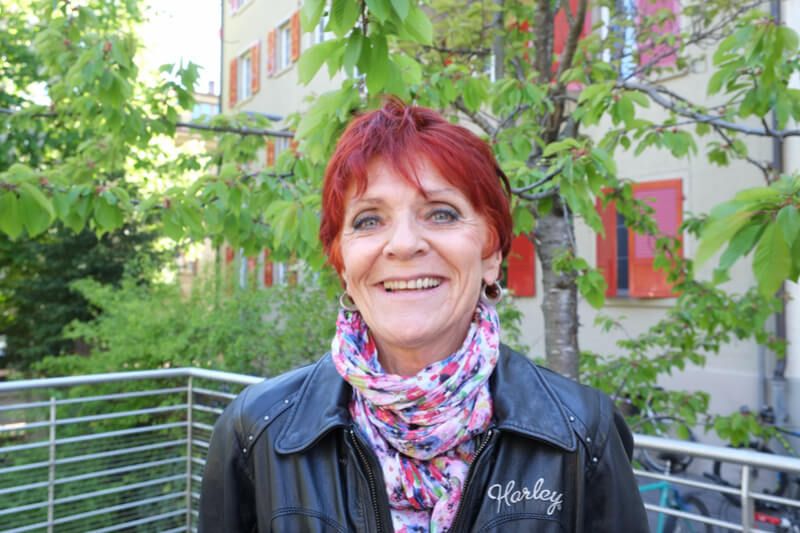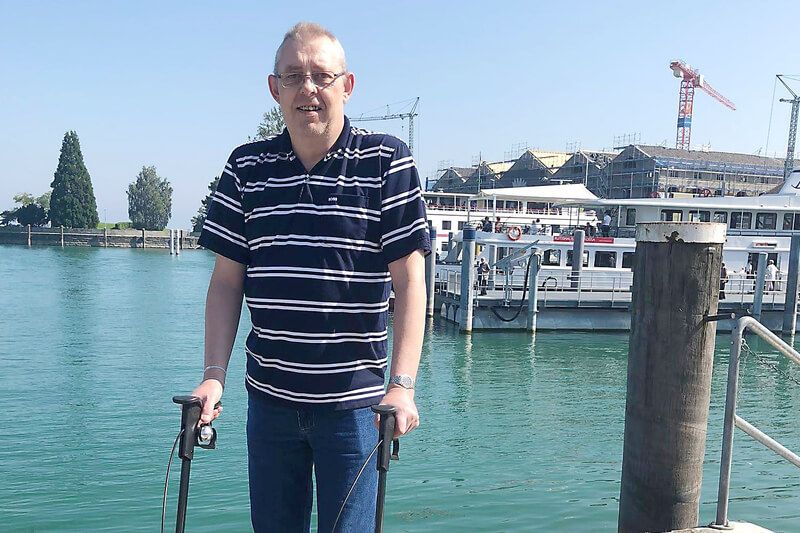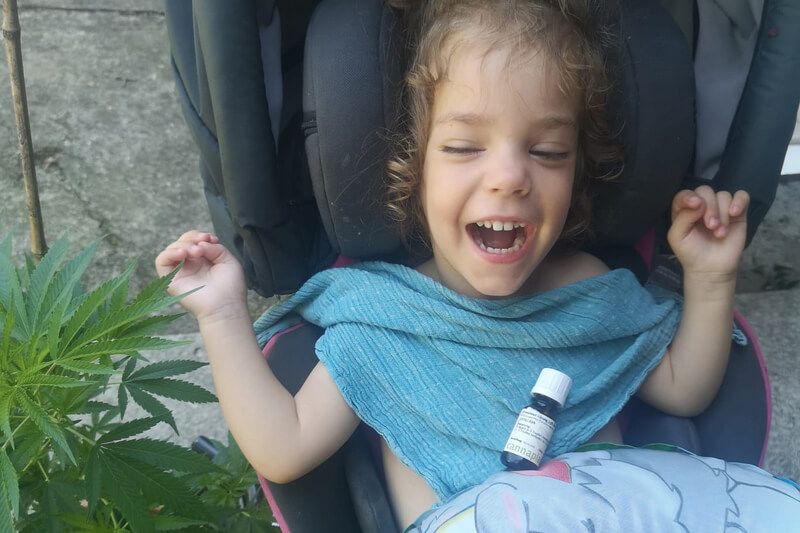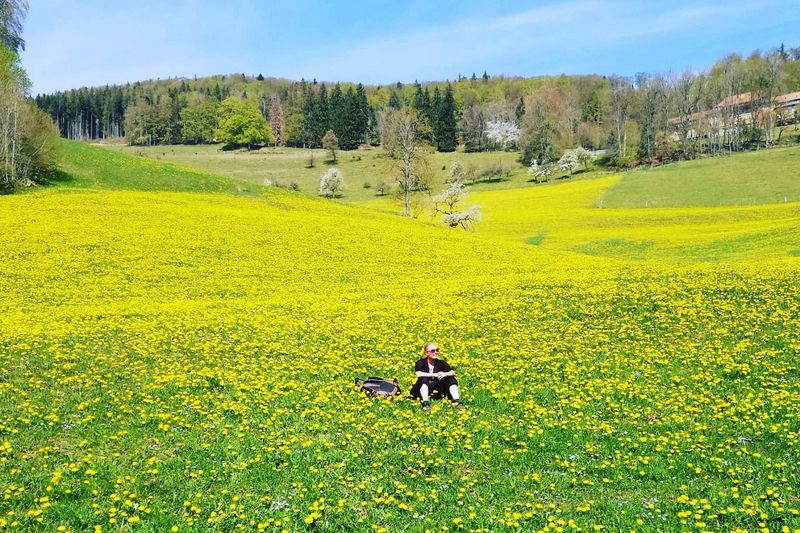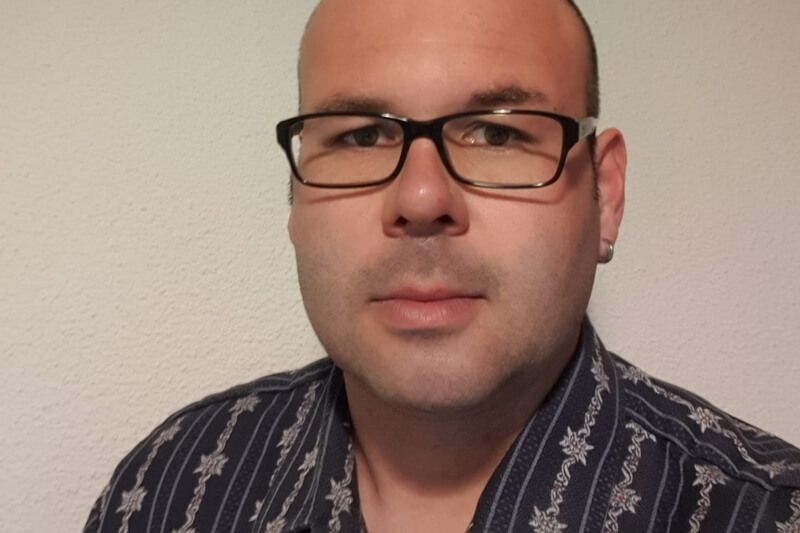Gerhard

«Watch a film, lie on the sofa, read or meditate. What you might find relaxing is, for me, pure torture.”
I am one of the 1 to 2 percent of the Swiss population who suffer from a severe form of the so-called Restless Legs Syndrome (RLS). It all started when I was in my forties. My legs began to twitch more and more often for no apparent reason. The symptoms increased throughout the day – on the train, at work or when falling asleep. I woke up more and more often at night, plagued by uncontrollable spasms. The only thing that helped was to “roam around” the apartment. The spasms then stopped immediately. But as soon as I lay down, the drama started all over again. A vicious circle began: I found myself nodding off at work more and more often during the day because of the sleep deprivation. And at the same time the nighttime twitching attacks became more and more severe. Finally I went to the family doctor and he immediately ordered me to have a sleep laboratory test. My condition then had a name: Restless Legs Syndrome.
Illness without appropriate medication
Because RLS is poorly researched and there are no suitable medications for the disease, the neurologist prescribed me a Parkinson's medication. This is common with RLS. Madopar® is the name of the drug with the active ingredient L-Dopa (Levadopa). The drug helped me tolerate RLS better. The disadvantage: I can't take too much, otherwise the effect will be reversed and I'll become even more fidgety. After a few years, the time had come: L-Dopa was no longer effective. An odyssey began during which I tried numerous other Parkinson's medications, neuroleptics (sedatives) and higher doses of opiates. None of the medications helped in the long term.
I discovered the positive effects of cannabis on my symptoms by chance when a joint was doing the rounds among friends. I pulled a few times and then slept like a log. From then on, I always helped with cannabis if my medication didn't work. And I'll even go so far as to say that it saved me from committing suicide - like my grandfather did. He also presumably suffered from RLS and was therefore forced into psychiatric care several times. I'd rather not imagine what they did to him there, from tying him to the bed to giving him electric shocks.
Keeping quiet means “torture”
For those affected by RLS, having to sit still can be a source of great distress, depending on the condition and time of day. It also required a lot of energy for me to work normally. Endless meetings in the late afternoon were particularly bad. Because then my symptoms increased and continue to increase today. For fear of being labeled as “sick” and no longer productive, I hid my illness at work for years. I persevered for more than 15 years and was also treated psychologically because the situation put a lot of strain on me. It was only at the end of my professional career that I “came out”. At the age of 60, I took early retirement. Since then, I have been able to cope better with the illness: I go running, cycling or swimming when the twitches start in the afternoon. This helps a lot as long as I don't overdo it. Because when I overexert myself, the opposite happens - I can't sleep at night.
Trouble with “legal” medications
Since the Parkinson's medication (L-Dopa) only helps me to a limited extent and I initially didn't want to have to rely on "illegal" cannabis, my doctor got me a special permit from the BAG. I then tried legal cannabis tinctures, and later the approved cannabis spray Sativex. Because of the high costs of 1,500 to 3,000 francs per month, both of them only caused me trouble with the health insurance company. I had to complain all the way up to the health insurance company boss so that the insurance company finally covered the cost of the medication “as a gesture of goodwill”. In addition, the tinctures did little to combat my twitches.
Since this negative experience, I have only treated myself with cannabis flowers - alongside my Parkinson's medication L-Dopa. I have to get my cannabis on the black market. I don't like that. My wish is therefore that the legislation changes to benefit those affected like me. That it will finally be legal for us to grow or buy and consume cannabis - even with the active ingredient THC - for therapeutic purposes. That would take a lot of additional pressure off my shoulders and those of other people affected.
What you need to know about Restless Legs Syndrome (RLS)
- RLS is the second most common neurological disease (up to 10%) in the population.
- Women are affected slightly more often than men.
- Around 70% of those affected have mild symptoms that do not require treatment.
- There are no targeted RLS medications, but Parkinson's medications often help.
- RLS often first occurs between the ages of 30 and 50 and worsens with age.
What is RLS?
- RLS is a neurogic disorder with these possible symptoms: pulling, tightness, tingling, pain, twitching, flushing, or other unpleasant feelings in the legs, arms, or hands.
- These complaints lead to the urge to move even at night, which sometimes leads to massive sleep disorders for those affected.
- The lack of sleep can result in reduced performance, social isolation, depression and even suicidal thoughts and actions.
- In painful forms of RLS, chronic pain syndrome usually develops.
For further information about RLS, please visit the RLS Expert , which Gerhard Girschweiler co-founded.


